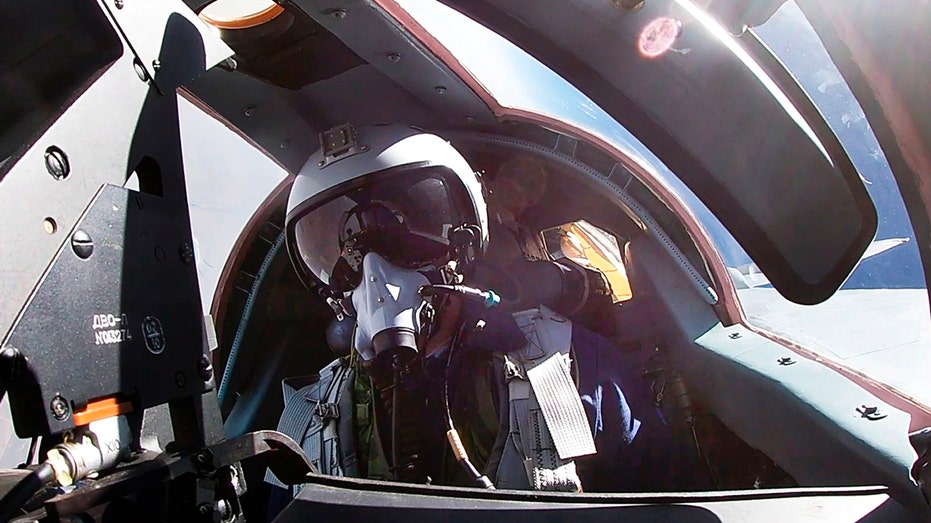Russia, Belarus run second stage of tactical nuclear weapons drills in response to 'Western provocation'
Russia and Belarus have launched a second stage of drills to train their troops in tactical nuclear weapons as Russia tries to discourage the West from increasing support for Ukraine.

Russia and its ally Belarus on Tuesday launched a second stage of drills intended to train their troops in tactical nuclear weapons, part of the Kremlin's efforts to discourage the West from ramping up support for Ukraine.
In announcing the nuclear maneuvers last month, the Russian Defense Ministry said they were in response to "provocative statements and threats of certain Western officials regarding the Russian Federation."
The Kremlin has expressed outrage after French President Emmanuel Macron said he doesn't exclude deploying troops to Ukraine, and the U.S. and some other NATO allies allowed Kyiv to use the weapons supplied by them for striking targets on the Russian territory.
UKRAINE CONSIDERS KEEPING F-16 JETS ABROAD TO PROTECT FROM RUSSIAN STRIKES
Speaking to reporters Tuesday, Kremlin spokesman Dmitry Peskov noted that "such drills and maintaining combat readiness" are important in view of the "hostile decisions and actions" by the U.S. and its allies in Europe and their "daily provocations."
During the second stage of the drills that began Tuesday, Russian and Belarusian troops will undergo joint training in non-strategic nuclear weapons used in combat, the Defense Ministry said. It noted that the exercise is aimed at maintaining readiness of personnel and equipment to ensure "sovereignty and territorial integrity" of the alliance of Russia and Belarus.
The first stage of the exercise last month envisaged a preparation for nuclear missions and deployment for launches, according to the Defense Ministry. The Russian military had trained separately during the initial stage of the maneuvers before joint drills with Belarusian forces.
Last year, Russia moved some of its tactical nuclear weapons into neighboring Belarus, which also borders Ukraine and NATO members Poland, Latvia and Lithuania. Belarus’ authoritarian President Alexander Lukashenko has relied on close ties with Russia and provided his country as a staging ground for the war in Ukraine.
Tactical nuclear weapons include air bombs, warheads for short-range missiles and artillery munitions and are meant for use on a battlefield. Usually they are less powerful than the strategic weapons — massive warheads that arm intercontinental ballistic missiles and are intended to obliterate entire cities.
Russian President Vladimir Putin has noted, however, that even Russia’s battlefield nuclear weapons are much more powerful than the two atomic bombs the U.S. dropped on Japan at the end of World War II.
Last week, Putin declared that the West is wrong to proceed from the assumption that Russia will never use its atomic arsenal.
Putin pointed at the country's nuclear doctrine that envisages the use of nuclear weapons in case of a threat to its sovereignty and territorial integrity. At the same time, he said he sees no current threat to Russia’s sovereignty that would warrant the use of nuclear weapons and emphasized that Moscow doesn't need them to defeat Ukraine.
The Russian leader has repeatedly reminded the West about the country's nuclear might since he sent troops into Ukraine in 2022.
What's Your Reaction?
















